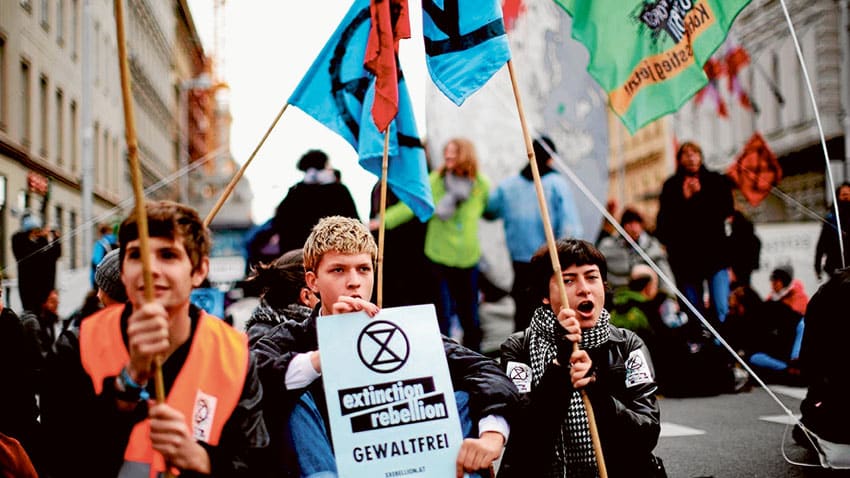
With the tragic bushfires still raging in a number of Australian towns, the smoky haze covering so many more, firefighters having to battle not only the blaze but also the exhaustion, and recovery efforts just beginning, the situation in the country is grim.
There has been so much loss, and there is so much that needs to be done to repair the damage.
People are weary and they are angry, and they are looking for someone – or something – to blame. But part of this blame game is unhelpful; as many have pointed out in recent weeks, we should be focusing our immediate efforts on the protection of life and property, rather than pointing fingers. But part of it is prudent; understanding the causes of these fires is absolutely necessary to ensure that a bushfire crisis of this scale does not occur again.
There are numerous causal factors that have been mentioned: lightning strikes, arson, high fuel loads, lack of fire trails, global warming and climate change, high temperatures and dry conditions, high winds and more. I’m no expert, but I imagine that it is a combination of all of these that has brought us to the present moment.
My hope is that the experts will soon work together to work out which of these are the most significant, and how we can combat them. Unfortunately, however, we have seen little of this collaboration occur so far, with so many wanting to determine the causes on ideological grounds, rather than scientific ones.
Those who want to dismiss talk of global warming point to arson and environmentalist opposition to hazard reduction burns and fire trail maintenance as the most important causes. Those who want to push a ‘climate emergency’ or anti-government agenda tell us that a lack of action on climate change is to blame.
Many of those giving an opinion, including actors and sports stars, journalists, politicians and even the Australian Medical Association, have no specialisation in the area of natural disasters, but are using the platform afforded by their profession to put their ideas on the table. I’m not going to do that; heaven knows, I write on many different issues. But even I know my limits!
However I have been wanting to write for a long time about why those who tend to take a more socially conservative line are often more reluctant to embrace a campaign on climate change; why we are reluctant to declare global warming as the cause of many if not all of modern-day perils without the necessary proof.
I think a major reason is that the climate change movement, in a similar fashion to the feminist movement, can end up being so extreme that it necessarily excludes the serious Christian. Let me explain.
There is nothing in principle about being a feminist that is inconsistent with Christianity. However, many of those who champion this cause make it anti-Christian because they insist on being pro-abortion as a litmus test for being a feminist. Pro-life feminists are viewed as detracting from, rather than contributing to, the feminist movement, and so are not welcome voices in these otherwise ‘pro-women’ spaces.
A similar thing happens with the environmentalist movement.
There is absolutely nothing about being a good environmentalist that is inconsistent with Christianity.
Indeed, our faith requires us to be good stewards of God’s creation. However, like feminism, many of those who champion this cause do so in an anti-life way because they see the solution to our current environmental problems as not only a reduction in carbon emissions, but in the population that emits them.
Such a movement views human beings as equal in dignity and value to other parts of creation. In terms of this present bushfire crisis, it has manifested in strident opposition to hazard reduction burns in order to protect ‘biodiversity,’ something that may have resulted in an increased threat to human life.
The best solution to climate change, many believe, is to halt population growth. So pervasive is this idea that Google yields nearly 35 million results for “birth strike movement,” a movement based on refusing to have children until action on climate change occurs. The message conveyed is that having children in these times is irresponsible at best, immoral at worst.
Such a message is simply irreconcilable with a pro-life, pro-family (ie. Christian) worldview, and why – I believe – opposition to the declaration of an eco-emergency is often seen from more conservative camps.
What we really need is not an either/or response, but a both/and – one that prioritises the value of human life, while maintaining a proper relationship with the natural world.
As Pope Francis wrote in Laudato Si’: “We are faced not with two separate crises, one environmental and the other social, but rather with one complex crisis which is both social and environmental. Strategies for a solution demand an integrated approach to combating poverty, restoring dignity to the excluded, and at the same time protecting nature.”
